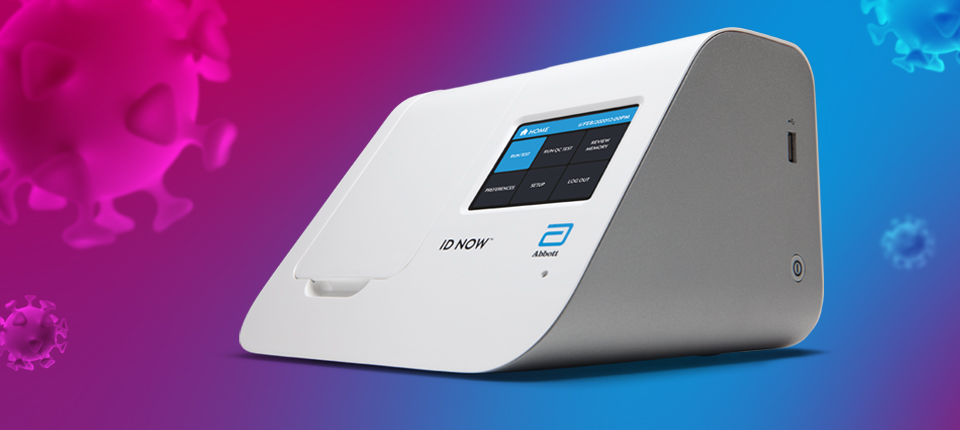Their ID NOW point-of-care testing platform was introduced in 2014 and is already used for flu, Strep A and respiratory syncytial virus (RSV) so the company knew they could optimize it for COVID-19 but in the past that would have been an onerous expensive job to get through the bureaucracy. FDA only granted emergency waivers on hand sanitizer paperwork because everyone in America is mixing aloe and rubbing alcohol in their kitchen. Instead of creating a standard and telling companies to meet it (or else) they even treat generic Purell like it is a brand new heart medication.
If there is an upside to crisis, it may be that government gets out of the way. FDA was letting huge pallets of ventilators sit on docks waiting to be "inspected." CDC refused to send out coronavirus tests unless hospitals proved patients had coronavirus - and then sent faulty tests anyway. With an actual pandemic striking fear into the hearts of the public, gross bureaucratic mismanagement sparked public outrage that career government employees had created so many obstacles chasing the goal of zero risk - the infamous precautionary principle that has crippled science in Europe - that they were holding progress back and helping no one except lawyers.

Calls for the administration to cut red tape in science and health agencies - previously criticized by partisan journalists and their political allies at lawyer-driven activist groups claiming "consumer protection" was at risk - were embraced by the public, who threw off decades of indoctrination that companies were evil.
The public wanted Clorox, they wanted Lysol, they wanted Purell. They wanted chemicals that work, not gibberish about endocrine disruptors according to carefully massaged statistics. They want government that works, and were baffled that though government was seeing its third coronavirus pandemic in the last 17 years, it was still plodding along pretending not doing anything except making everything expensive was keeping us safe. The public no longer felt it valuable that CDC needed to tell us about a lettuce recall six weeks after it was in stores. People were angry that government was not as nimble as the free market and were instead bottlenecks to innovation.
While CDC continues to plod along creating statistics about what happened in the past and making cosmic projections about the future, FDA has quickly remade itself into the nimble, practical group it should be. First they went around CDC incompetence and granted emergency authorization to labs who could do testing, then they tackled devices, and now Abbott has gotten approval for a rapid point-of-care test.
Abbott says it can ramp up production quickly, with 50,000 tests a day to start.
Congratulations to them, and to FDA for recognizing that requiring 18 months and tens of millions of dollars to change the color on a label should no longer be the norm.


Comments